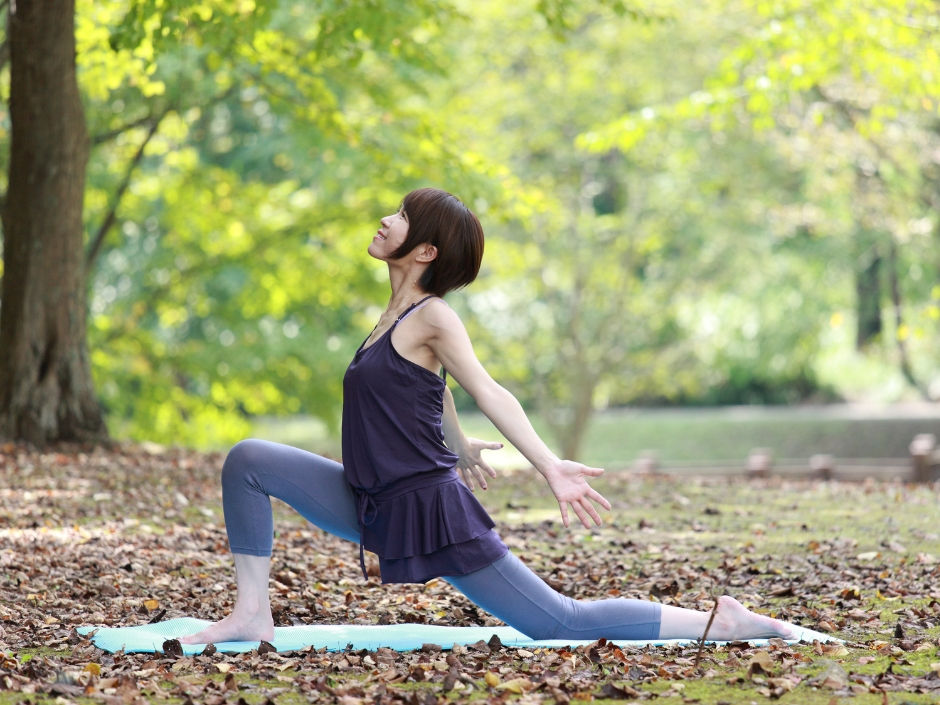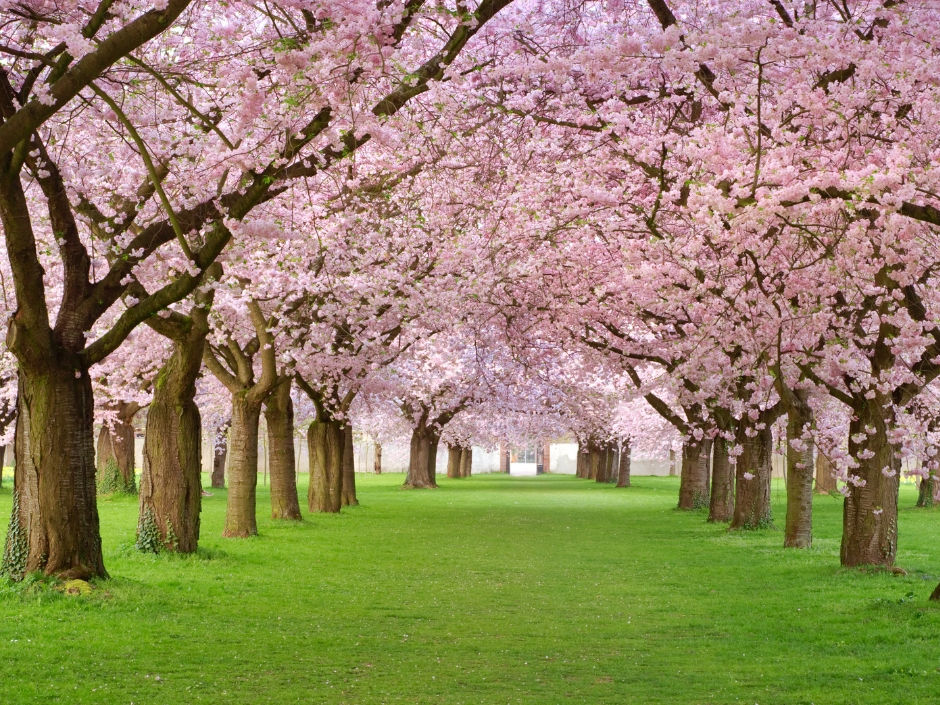Menopause Around the World: Japan’s Graceful Approach to the Change
- Victoria Harris
- May 1
- 2 min read
Updated: May 18

When you think about menopause, what emotions come to mind? For many women in Western cultures, menopause is often cloaked in stigma—something to be endured quietly, even shamefully.But in Japan, menopause is viewed through a very different lens: one of natural evolution, patience, and even wisdom.
Today, we begin our "Menopause Around the World" series by exploring how Japanese culture embraces this life stage—and what lessons we can take from it.
Konenki: A Season of Renewal
In Japan, menopause is called "konenki" (更年期), a word that carries a much softer meaning than the English term.Ko means "renewal," nen means "year," and ki means "energy" or "season."Rather than framing menopause as an end, konenki reflects a new season of life—one filled with the potential for personal growth and transformation.
This cultural attitude greatly impacts how Japanese women experience their symptoms, both physically and emotionally.
Lower Rates of Hot Flashes: Coincidence or Lifestyle?
Interestingly, studies have shown that Japanese women report significantly fewer hot flashes and night sweats than their Western counterparts.Some researchers believe this could be attributed to lifestyle factors, including:
Diet rich in soy: Foods like tofu, miso, and edamame are staples. Soy contains phytoestrogens, plant compounds that mimic estrogen in the body and may help balance hormones naturally.
Mindful movement: Traditional practices like tai chi, yoga, and daily walking are common ways to support circulation and reduce stress.
Community focus: Multi-generational living and strong social networks offer emotional support through all life stages.
Of course, genetics and environmental factors also play a role, but there's no denying the powerful impact of daily habits and cultural mindset.
Medical Treatment: A Gentle Approach
Hormone Replacement Therapy (HRT) is available in Japan but far less commonly used compared to Western countries.Instead, many women first turn to herbal remedies (like kampo, a traditional form of Japanese medicine), acupuncture, and lifestyle changes to manage symptoms.
Doctors often recommend balancing hormones naturally through food, stress reduction, and gentle herbal support before considering pharmaceutical interventions.
What We Can Learn
The Japanese approach reminds us that menopause doesn't have to be a battleground. It can be a time to slow down, nourish the body, and embrace the wisdom that comes with age.

While not every aspect of Japanese culture can be transplanted into Western lifestyles, there are valuable takeaways:
Focus on daily consistency (diet, movement, mindset) rather than crisis management.
See menopause as a transition—not a loss.
Seek community support instead of suffering alone.
Menopause can be a new beginning, not just an ending—and that is a powerful shift in perspective.
Curious about how other cultures view menopause? Our next stop: France, where women are redefining midlife vitality with elegance and grace.
👉 Want practical, natural strategies for your own menopause journey? Download my free guide here!



